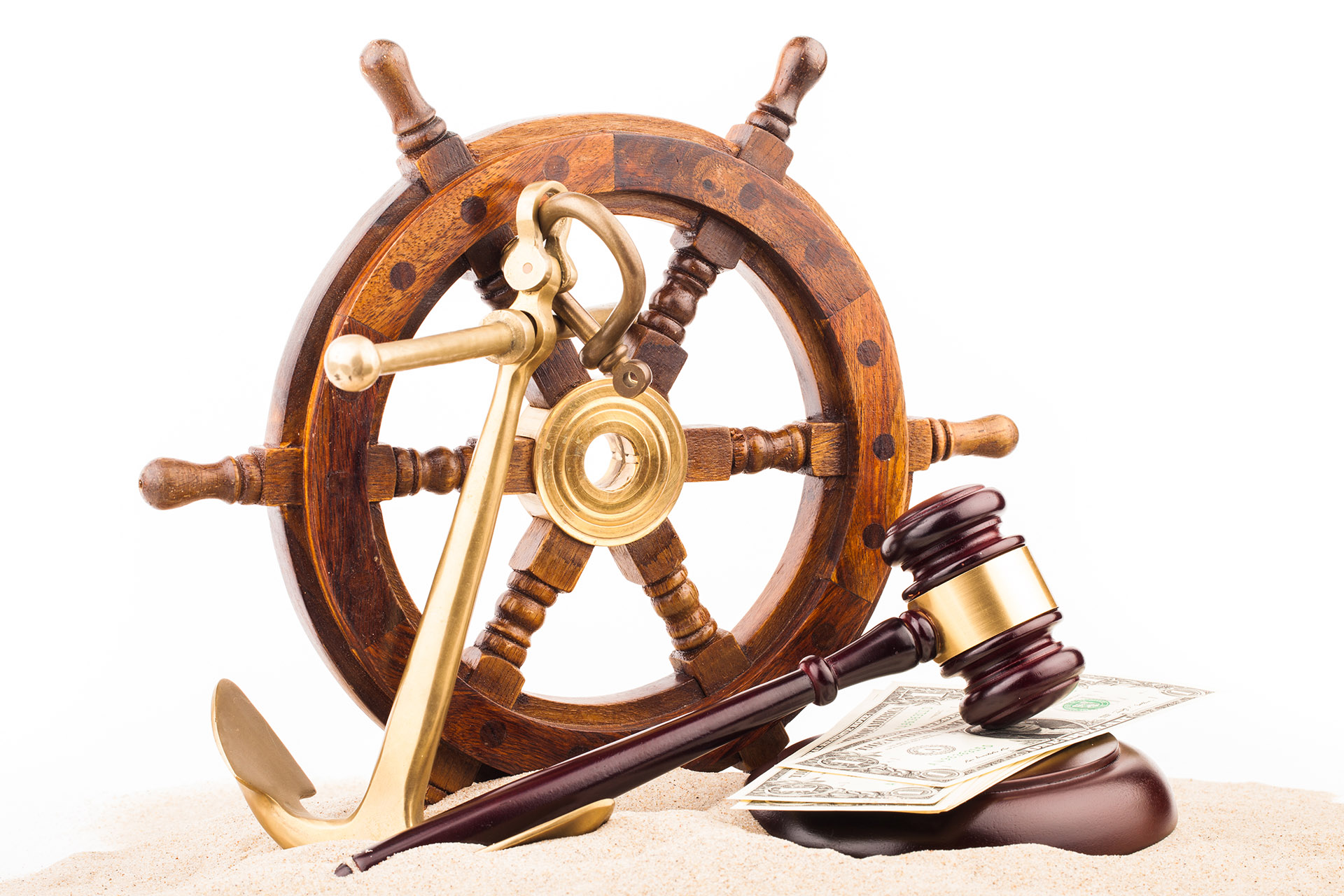While deciding to pursue a career in law, a lot of prospective students tend to think only of civil and criminal law and tend to forget that there are many specialist branches out there. One of the more obscure, yet extremely lucrative branches of law is Maritime law, or the practice area that governs nautical matters like shipping. Maritime law experts can be called upon in all sorts of disputes relating to offenses against international laws and, in some cases, even crime.
In this article, we will look at some of the things you need to be aware of if you are interested in following this specialist career path.
First of all, some background. Maritime law, also known as admiralty law or the laws of the sea, is a collection of domestic and international laws and treaties that govern behavior at sea. The United Nations, through the International Maritime Organisation (IMO), issues conventions that can be enforced by coast guards and the navies of most signatory countries. These laws and treaties govern a wide range of insurance issues regarding cargo on ships, civil matters between owners of vessels and passengers and piracy issues. It also covers registration, inspection and insurance of ships.
Given their long history of naval influence, it is no surprise that the UK is the leading legal service provider for the maritime community with more than forty law firms active in the sector. English law is applied to shipping disputes far more widely than the law of any other country. This makes the UK the premier education hub when it comes to learning about this specialty, with some universities providing maritime law as an option particularly in their LLM courses or master’s degrees.
Relevant Laws and Regulations
The IMO has 174 member states and the governments of these states are responsible for implementing the following international conventions:
- The International Convention for the Safety and Life at Sea
- The International Convention for the Prevention of Pollution from Ships
- The International Convention on Standards of Training Certification, and Watchkeeping for Seafarers.
Within UK law there are specific maritime statutory instruments that are backed up with marine notices of which there are three types – merchant shipping notices, marine guidance notes and marine information notes as well as codes of practice.
Private Maritime Law
When applying maritime law, you have to take into consideration both public international and private regulations in place. Private maritime law includes the laws and regulations domestically which deal with maritime or nautical issues and shipping within that particular territory.
On the other hand, public maritime law deals with these issues more globally and for this reason, will more generally apply to a larger number of territories or countries.
However, despite this, many scholars suggest that the difference is inconsequential because maritime law and regulation is such an international necessity that it is hard to categorize what is public and what is private law.
Shipping Law
Shipping law is a sub-section of maritime law dealing with aspects of what is explained above – specifically the movement of goods and passengers by sea. It can be divided into “wet” and “dry.” Wet are the issues that occur on the actual voyage and dry encapsulates the contracts involved in the voyage.
Most disputes arising out of these areas are greatly based on contract and tort laws, therefore, if these are modules you enjoy whilst completing your LLB or LPC, this might be the type of specialism in which you would excel.
How to Become a Maritime Lawyer
If you are interested in pursuing a career in Maritime law, you must first obtain a qualifying degree in law or a degree in any other discipline followed by a Graduate Diploma in Law. After this, if you want to follow the solicitor pathway you will have to undertake the Legal Practice Course and a recognized period of training. To become a barrister in the field, you’ll do the BPTC and then a year-long pupillage.
If you are sure that this the area of law that you want to practice in, there are training contracts and pupillages available with law firms and chambers which have a maritime specialism. This will put you on the right course to practice in this area post qualification.
Has this article inspired you to look into this area further? Share your views in the comments below.


